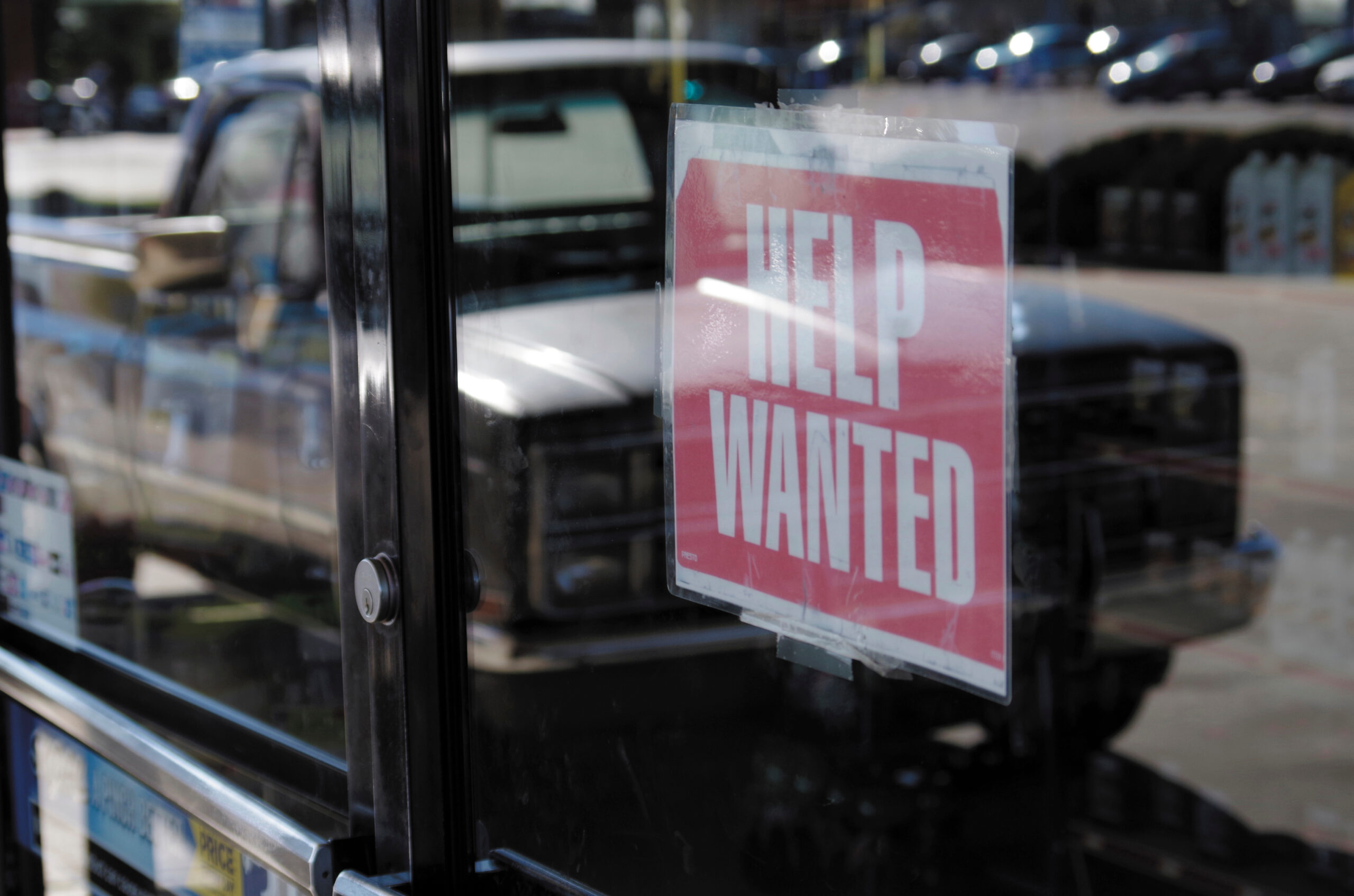Posts tagged restaurants
California Gov. Gavin Newsom Signs Bill To Carve Out Exemptions For New Minimum Wage Law Following ‘PaneraGate’ Scandal
March 27, 2024 // Pretty much, AB 610 now proposes to exempt fast food restaurants located in places which could most afford the $20 minimum wage increase because off how much more they charge already: at casinos, airports, hotels, event centers, theme parks, museums, gambling establishments, corporate campus cafeterias, and publicly owned lands including ports, piers, beaches and parks concessions. Only the mom and pop family-owned fast food restaurants will be paying the $20 per hour minimum wage – a “living wage.”
Here’s what might happen after California raises fast-food wages to $20, from higher burger and pizza prices to better wages for retail workers
March 7, 2024 // Tower said he expected fast-food chains to focus on their value deals in California to attract customers amid higher menu prices. Zackfia said she thought digital order kiosks, which restaurants are rolling out to save on labor costs and improve order accuracy, would spread "even more quickly" in California.
Biden’s new rule on independent contractors wages war on workers, women and entrepreneurs
February 26, 2024 // In the past year alone, 64 million Americans freelanced, half of whom were women. Women choose independent contractor status because of the flexibility it affords them, a particularly important factor for those raising children or aiding in caring for parents or other family members. Ninety-two percent of female workers prioritize flexibility over stability when it comes to their careers. Flexibility in the workplace is no longer a commodity, it is a necessity.

25 states will hike minimum wage in 2024
December 22, 2023 // Sean Higgins, an analyst at the libertarian Competitive Enterprise Institute, said many food and hospitality workers already earn more than their state minimum. He noted that employers have raised salaries to compete for a shrinking pool of applicants. “Raising state and local rates does hurt the smaller businesses, the classic mom and pop enterprises, who will employ local high school or college-age kids if they can but may not be able to justify that if the minimum rate increases,” Mr. Higgins said.

Do we all work for the federal government?
November 6, 2023 // Under the NLRB’s reasoning, the federal government is a joint employer of all workers covered by these laws. It even says that joint employers include those who exercise “reserved control” — i.e., they don’t set standards, but they have the power to do so. That expands the definition of joint employer even more. Congress has the power to draft legislation affecting essentially any part of the economy. As such, it reserves the right to set standards for all workers, making the federal government a joint employer of anyone and everyone. It’s highly unlikely that unions or the NLRB will try to apply the new rule in this way, since it’s clearly beyond the pale. (Imagine Department of Labor officials bargaining with union officials over the future of workers at your mechanic, along with almost every other business you’ve ever patronized.) Yet if it’s wrong to say that Washington, D.C., is a joint employer over the economy’s workers, it’s equally wrong to make that claim about larger companies and the workers at their independent franchisees. It defies logic — and will injure millions of small businesses and their workers.
Opinion: Julie Su’s confirmation would harm restaurants and app workers
May 24, 2023 // If Su’s policy preferences took effect, U.S. restaurants — 90 percent of which are small businesses — would face considerable cost increases and job losses. And 23 million U.S. workers–parents, veterans, students, caregivers, and many others who have chosen to earn with app-based platforms — could have their earning power greatly curtailed. We simply cannot take that risk when our economy already faces serious challenges from inflation, supply chain problems, and workforce issues. We want to work with the next secretary of Labor to help restaurant owners and employees, app-based workers, and our customers thrive. That’s why the next secretary must have a track record of listening to diverse viewpoints and respecting the kind of opportunity and flexibility our industries provide.
Blue Lake Rancheria workers form first tribal union in county
September 22, 2022 // The new grievance process allows employees to contest disciplinary actions levied against them by management in a four-step process starting with their day-to-day bosses, going to human resources, mediation and ending with tribal chair Jason Ramos as the arbiter. The union would gather evidence regarding the specific contested action and inform the person contesting discipline whether or not the union believes their punishment was warranted.
‘We want to be able to survive’: Atlantic City casino workers to strike over wages
June 29, 2022 // According to the union, the Borgata could lose an estimated $1.6m a day if workers strike, and Caesars, Tropicana, and Harrah’s could lose an additional $1m a day combined from a strike, hitting the casinos ahead of the Fourth of July weekend, historically one of the busiest times of the year. Irina Sanchez, housekeeper, Jeff Payne, Caesars Hotel, Caesars, Harrah’s, Tropicana, Borgata, Hard Rock, Laurel Lounge, Al Kare, Ruth Ann Joyce,
The push to unionize Philly’s food scene
May 9, 2022 // Workers used both carrot and stick to give employers an incentive to join the union. They applied pressure with “sip-ins,” in which pro-union customers would monopolize tables while lingering over coffee. The union oversaw training and discipline for its members, and also encouraged forming restaurant associations to defray costs for small business owners.

Indeed Study Shows Women Took Gig Work, Preferring Flexibility Over Stability During The Pandemic
March 23, 2022 // These opportunities enhance employment options for women. Due to the nature of gig roles, they offer flexibility in the amount of days and hours worked. As studies show, women have been disproportionately hurt by the pandemic—partly because they were overrepresented in the hardest-hit sectors, such as hospitality, leisure, travel, restaurants, retail and food services. It's also due to the fact that women were more apt to leave their jobs during the pandemic to take care of their children. This was particularly acute when public schools closed and childcare services were hard to find or too expensive, which made holding a full-time job not financially viable.
